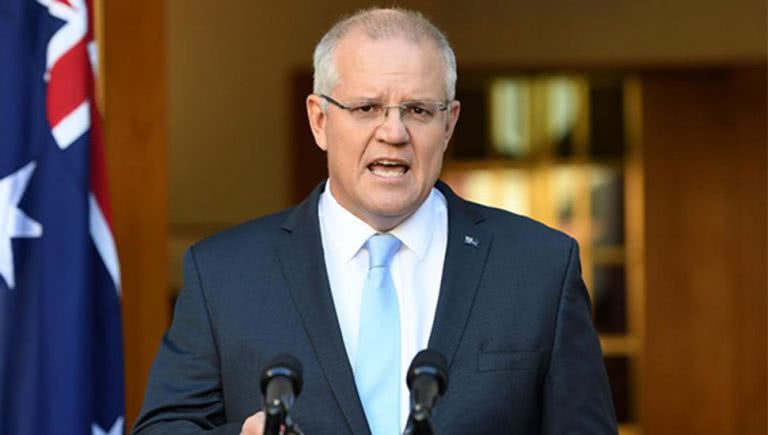Australian doctors aren’t happy with PM Scott Morrison’s new plans to change the country’s close contact and isolation rules.
As the Omicron variant has caused stress over the holidays, the government has been scrambling to find ways to tackle its rise. One such method being considered is a redefinition of what it means to be a close contact with someone with the virus.
That hasn’t gone down well with those of a medical persuasion. “Omicron spreads more easily than any other variant,” Australian Medical Association president Omar Khorshid wrote on Twitter. “It doesn’t care if you are a family member, a co-worker, a drinker in the pub or breathing the same air in a lift. Isolating close contacts slows spread. Isolating less people means faster spread.”
Dr Khorshid insisted that “vaccine, testing and public health measures” remained the best way to tackle the virus moving forward.
PM Morrison and his national cabinet are set to meet today, December 30th to discuss the Omicron variant and the stress the rising case numbers has put on the country’s testing regimes.
After consulting with the chief health officer, the PM said the definition of a close contact could be changed to mean someone who is a household contact of a confirmed case only, or someone who has spent more than four hours with someone in an aged care setting.
“If I went down to a restaurant down the road and I happened to pop in and get some takeaway and there was a case there, I would not be a close contact,” Morrison said in a press conference yesterday. “I would not then have to isolate for the arrangement setting under a close contact.”
He also stated that rapid antigen tests would be the best way forward to combat the rising virus numbers but he also insisted that the supply of these wasn’t a commonwealth responsibility.
For more on this topic, follow the Health & Wellness Observer.
I’m confused @ScottMorrisonMP Omicron spreads more easily than any other variant. It doesn’t care if you are a family member, a coworker, a drinker in the pub or breathing the same air in a lift. Isolating close contacts slows spread. Isolating less people means faster spread.
— AMA President (@amapresident) December 29, 2021

































